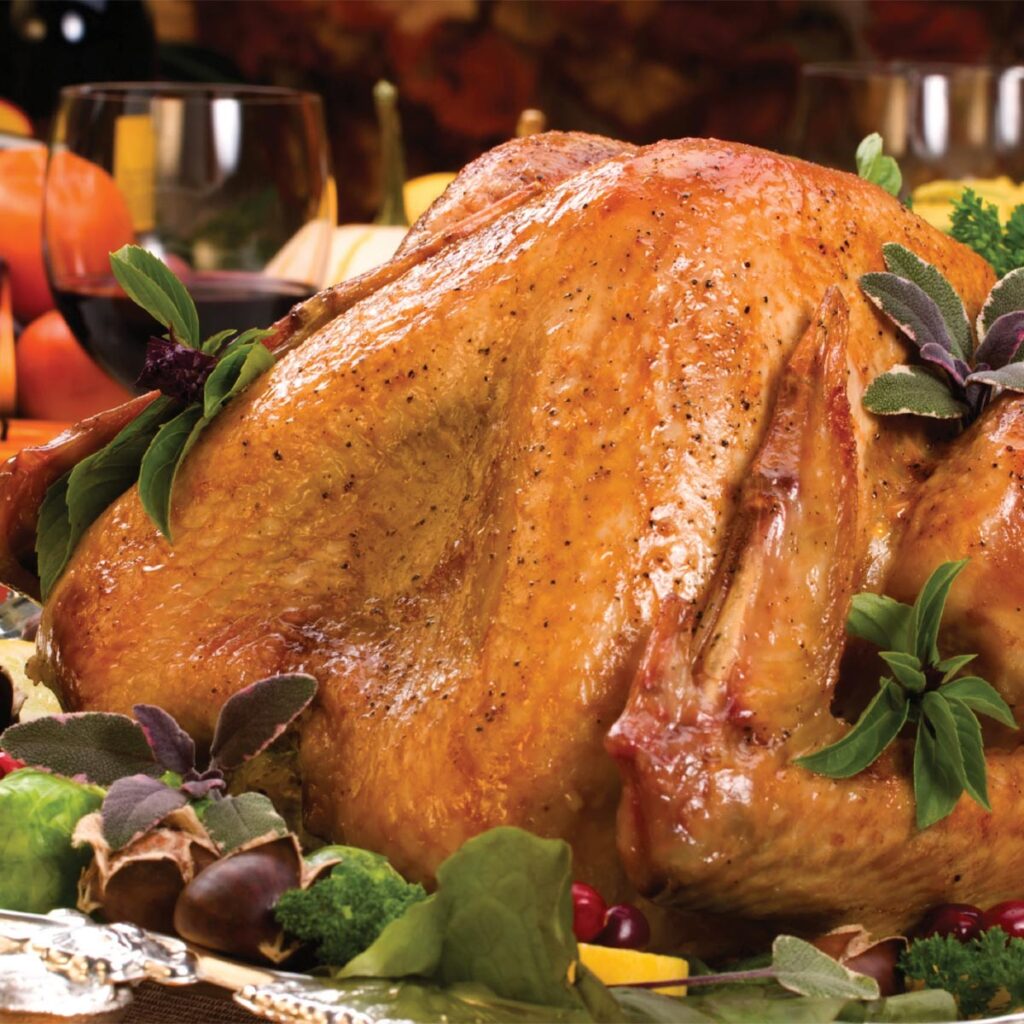How to Store Thanksgiving and Day-to-Day Leftovers
It’s that time of year again – the time when belts get loosened a few notches and casserole dishes get piled high with gooey goodness. While indulging during Thanksgiving probably won’t put a wrench in your quest for a healthy lifestyle, hanging onto all those leftovers really can make you sick if you don’t store and reheat them properly. Here are some guidelines to stick to when it comes to storing leftovers.
Avoid the “danger zone.”
According to the Food and Drug Administration, bacteria grow rapidly between the temperatures of 40°F and 140°F. Once hot food is prepared, keep it at 140°F or warmer to avoid bacterial growth. Make sure cold perishable foods are kept at or below 40°F.
Put away promptly.
Leaving food out at an unsafe temperature is one of the main causes of foodborne illness, according to the FDA. Go by the two-hour rule – refrigerate food two hours after it’s cooked or removed from a warming device, and discard cold leftovers that have been at room temperature for more than two hours. Try taking steps to make storing leftovers simpler. Leave casserole dish lids nearby so they can be covered and popped in the fridge, or keep Tupperware in an easy-to-reach cabinet.


Think about proportions.
If you have a big pot of soup that needs to be refrigerated, make sure it’s able to quickly reach the safe refrigerator-storage temperature of 40°F or below. If it’s refrigerated in one large container, it’ll take longer to cool, allowing bacteria to multiply. Instead, divide portions into small, shallow containers so it can reach a safe temperature quickly and easily. The same goes for solid foods – this Thanksgiving, make sure to slice turkey into smaller portions before storing it for later.
Warm them up safely.
When it’s time to reheat your leftovers, make sure they reach 165°F. When reheating foods in the microwave, the FDA recommends covering and rotating for even heating. Check the temperature of the food in a few different spots, and keep in mind that cooking continues for a longer time in dense foods, such as turkey, than in less dense foods like small vegetables. Allow a short resting time before checking the internal food with a thermometer.
How long can you store your leftovers? Use good judgment, but typically leftovers can be kept in the refrigerator for three to four days, and the freezer for three to four months, according to the FDA.

